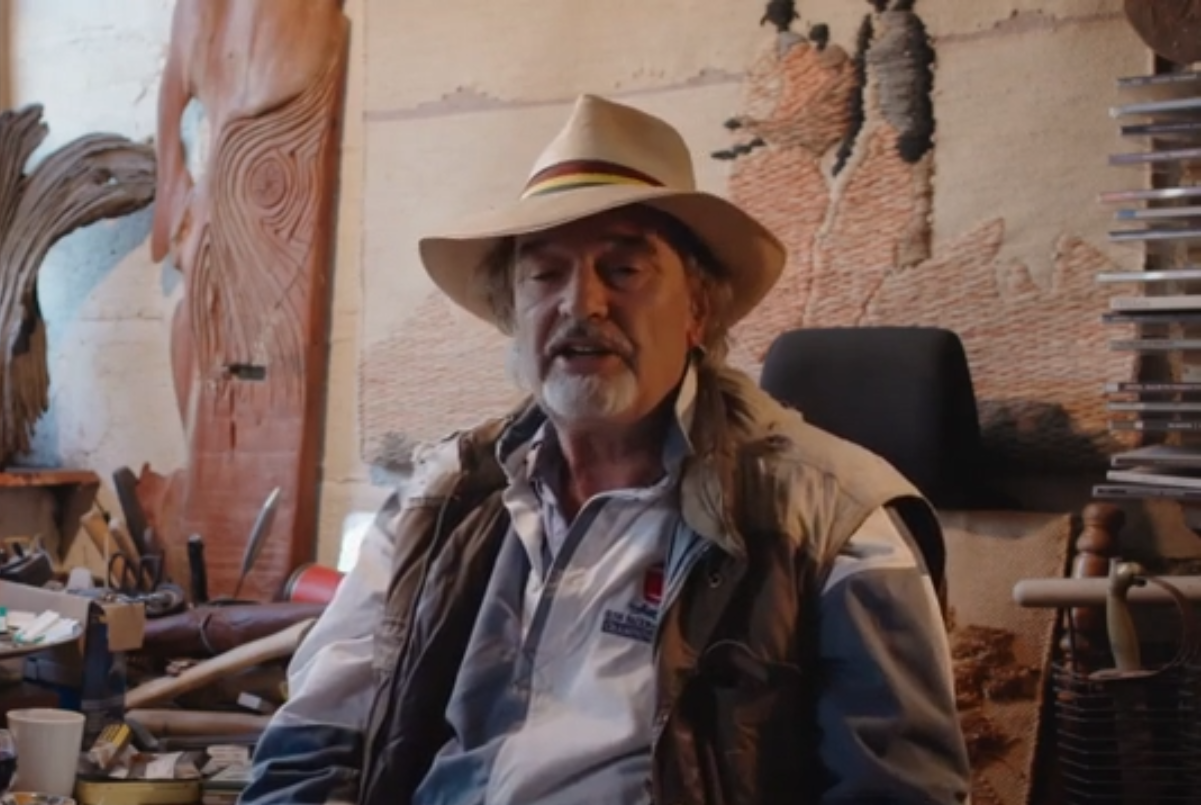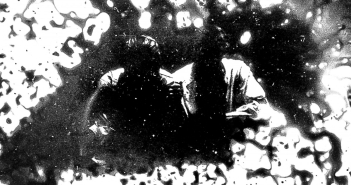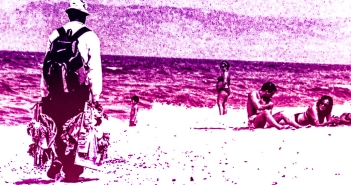Listen to the second half of this podcast on Patreon.
Jim Sheridan condemns the Irish government for handing over the file on the Sophie Toscan du Plantier case to the French authorities, wondering whether we are ‘still an independent country.’ He argues that this should never have been done ‘over the head of the Director of Public Prosecutions’ who concluded there was insufficient evidence to bring Ian Bailey to trial in the wake of the murder, or subsequently.
Sheridan says:
So okay, let’s just send it to France where they won’t allow Maureen Farrell [the witness who retracted her earlier claim that she had seen Ian Bailey with Sophie before the murder] to appear and say that she lied … And we have Francois Macron coming on the television speaking about this murder. Has he nothing better to do? I know the French family probably are trying their hardest … But there needs to be an intake of breath now and stop all this. It’s just too insane.
Sheridan nevertheless claims to have ‘a soft spot’ for Sophie’s son, and ‘his pursuit of justice’, which he describes as ‘heroic’:
But he was on the Late Late Show … and he said Bailey burned his coat on Christmas Day. But even the slightest perusal of the facts shows you that on the Christmas Day Bailey was on the Christmas swim, which is the only piece of video evidence we have.
Jim Sheridan maintains that branding Ian Bailey a murderer, despite no criminal charge ever being made against him in an Irish court, brings shame on Ireland. But he argues there is no shame on West Cork.
Sheridan also refers disparagingly to a 2000 New Yorker Magazine article by John Montague entitled ‘A Devil in the Hills’ – ‘Which meant the murderer had to be in West Cork because of a ludicrous idea that the only a local could know where she lived.’
He believes, ‘we have to look at ourselves and grow up a bit … We can’t replace the French with the British.’

Final Meeting
Sheridan met Bailey two days before Christmas, ‘ostensibly to do an interview, but really just to see him.’ He adds that
an interview with Ian was never of much value because he said the same thing over and over in the same way. He was almost like a child who wanted attention … his height, six four and big bearing and big voice … but when you got past that, there was a little child still there … He was like a big child. So I began to see him as a kid who thought he was in charge of everything … He was the admiral and I was the captain of his ship … he was crazy in a way … But it wasn’t a bad crazy.
In the podcast, Sheridan explores what made Bailey the perfect fall guy or scapegoat:
In that valley where Sophie lived. In 1845 there were probably twenty-seven hamlets. In 1848, there were probably none. So the tribal memory of West Cork is of a disastrous famine.
He reveals how, remarkably, the name of the landlord at that time was Bailey:
It’s almost like the Sophie’s murder in its appearance mirrors the events of the Famine with a body left exposed. And I think it hit a tribal memory of shame and devastation, and somebody had to be responsible. And who’s responsible for the famine? It’s not the potatoes. It’s not a blight. It’s the English … whether they were or not. To name an Englishman was almost perfect, as they say in darts: 180.
He adds that
The Englishman they named was very eccentric and had a sergeant major accent, and he used words and phrases in a very ironic and sarcastic way, almost like a military man.
Sheridan insists:
The only way you can understand sarcasm and irony is in a power structure where even though somebody is saying something you understand, that doesn’t mean what it says. For instance.. [if] the Queen saying to the servants, “I love your shoes this morning,” means he hasn’t polished them. But the servant is so troubled in the power structure he knows exactly that the compliment is the opposite. That produces a dissociation with people in the way we speak and act. And Bailey was English perfection in sarcasm and irony. So, when he’s first asked, when he’s first told that he’s going to be sacked. Like anybody. He’s angry. And like anybody, he’s trying to rationalize it and he asks why. And they say, well, people are saying you’re the killer. At which point Bailey is probably the only journalist who’s really pointing the finger at France, at the husband … correctly or incorrectly, we don’t know. Probably incorrectly, but we leave that aside. [Then to the] editor who is firing him he says people are saying, you did it. And he says: “of course I did it to get a good story” … Which actually means nothing like: “I killed her” It means: “if my objective was to write stories about the murder. And that’s the reason I killed her. It’s not working, is it? I’m being fired.” That’s what it means.
Jim Sheridan is unsure whether the new documentary he has made will blow the case open, but contends that ‘some of the information that I’ve got is very, very interesting … Some of which I got too late to include in the Sky documentary, and some of which I’ve got subsequently.’




